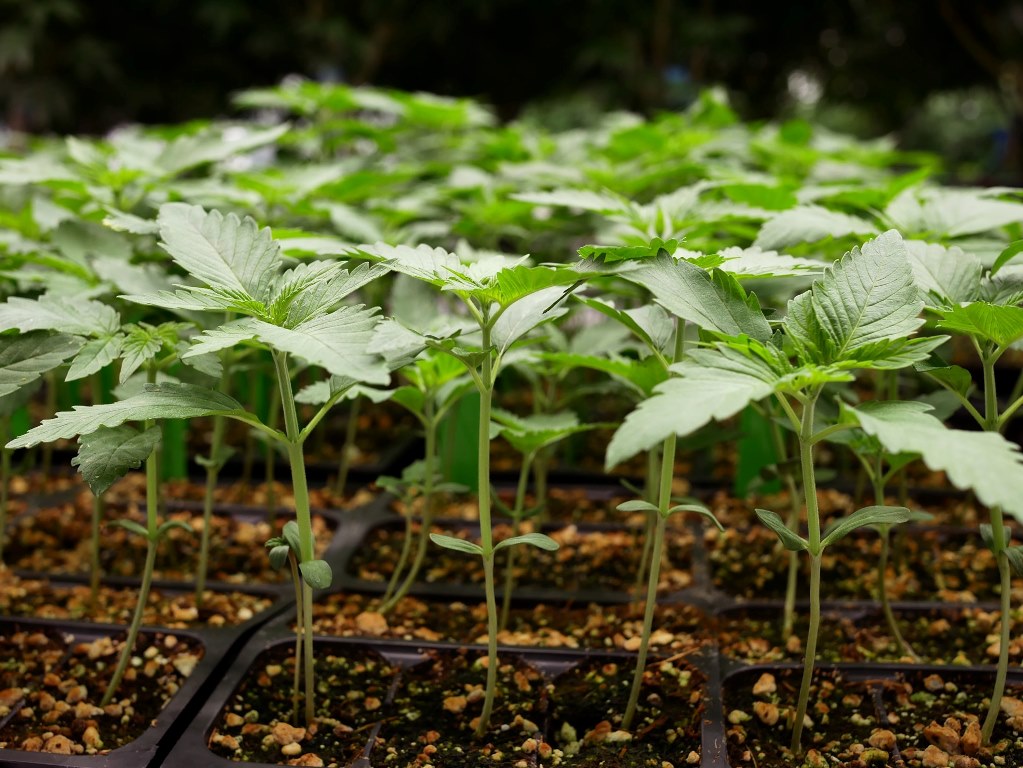Senate Farm Bill Draft Proposes Redefinition of Hemp
LOS ANGELES- The U.S. Senate Agriculture Committee has released a draft of the 2024 Farm Bill, introducing significant changes to the federal definition of hemp. The proposed legislation aims to address concerns over intoxicating hemp-derived products, such as delta-8 THC, which have proliferated due to ambiguities in the 2018 Farm Bill.
Under the 2018 Farm Bill, hemp was legalized with a stipulation that it contain no more than 0.3% delta-9 THC on a dry weight basis. However, this definition did not account for other cannabinoids like delta-8 THC, leading to the emergence of products with psychoactive effects that are widely available across the United States.
The current draft, introduced by Senate Agriculture Committee Chair Debbie Stabenow, proposes redefining hemp to include all tetrahydrocannabinol (THC) compounds, thereby closing the so-called “THCA loophole.” This change would effectively ban non-industrial uses of hemp that result in intoxicating products, aligning federal regulations with the original intent of distinguishing hemp from cannabis.
Industry stakeholders have expressed mixed reactions to the proposed amendments. Some argue that the redefinition is necessary to prevent the unregulated sale of intoxicating products, which pose public health risks and undermine state cannabis regulations. Others contend that the changes could negatively impact the hemp industry by restricting the production and sale of non-intoxicating hemp-derived products.
The draft bill also includes provisions to lower regulatory barriers for farmers cultivating hemp for grain and fiber, aiming to support the agricultural sector while ensuring consumer safety.



































